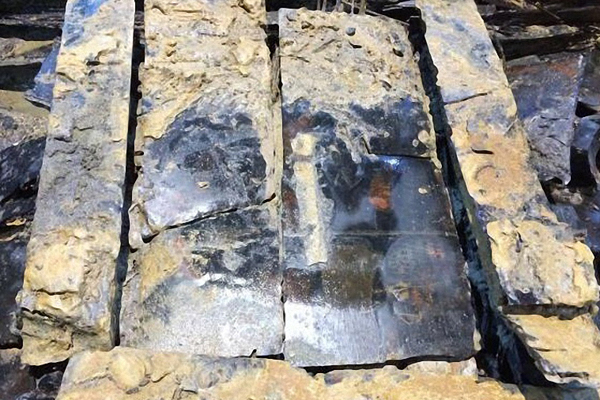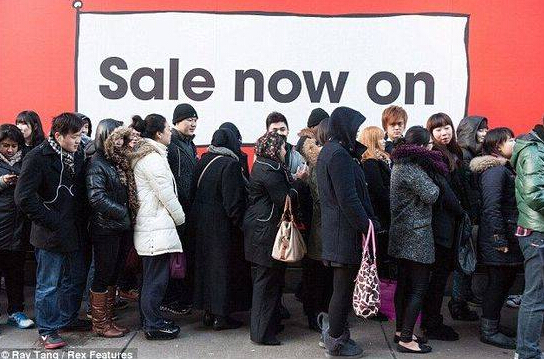Man who threatened doctors investigated
A man in Nanjing, Jiangsu province, was placed under investigation for threatening two doctors, blaming them for his aunt’s death from pneumonia.
According to the hospital, the man, surnamed Wang, claimed to be a national security worker and said he would take revenge on the two doctors at Jiangsu Provincial Hospital of Traditional Chinese Medicine who sent his aunt to an intensive care unit for emergency treatment on Saturday.
Relatives of the 70-year-old patient insisted that only two traditional Chinese medicine treatments could be used to save her life, and they brought one remedy to the hospital themselves, the hospital said.
Doctors who treated the patient explained her condition to the relatives and received approval – and the signature – of her son. However, a nephew claimed that the emergency treatment caused the woman’s death, it said.
Although the hospital asked Wang to take his complaint to a higher authority, he continued to insist that the doctors, surnamed Lu and Zhao, should “pay for what they did”, the hospital said. Some witnesses said that Wang took pictures of the two doctors and claimed to know their personal information.
“As a doctor, I did what should be done to save a life,” the doctor surnamed Zhao said. “I don’t understand why he targeted me. He didn’t threaten me face-to-face, but told my colleagues that I should pay.”
The police in Qinhuai district received reports on Saturday afternoon and have been investigating the case. They confirmed that Wang does not work for the government.
Yuan Shenghan, a lawyer in Nanjing, said threatening other people does not violate Chinese law if no action results.
“But he could be punished for disturbing public order under China’s public security administration law,” Yuan said.
The news received wide public attention in China. A top transplant specialist was stabbed just two days earlier in his office in Nanjing.
The specialist, Sun Beicheng, head of Jiangsu Provincial Hospital’s liver transplant unit, is said to be one of the country’s finest. An alleged ticket scalper locked the door of the doctor’s office, stabbed Sun in his left leg, fractured his jaw and cut him around the mouth, later telling police that the doctor had once criticized him for buying up appointment tickets in bulk and selling them at inflated prices to would-be patients.
According to the Qinhuai publicity department, the results of the investigation into Wang’s threats will be made public by the end of this week.

